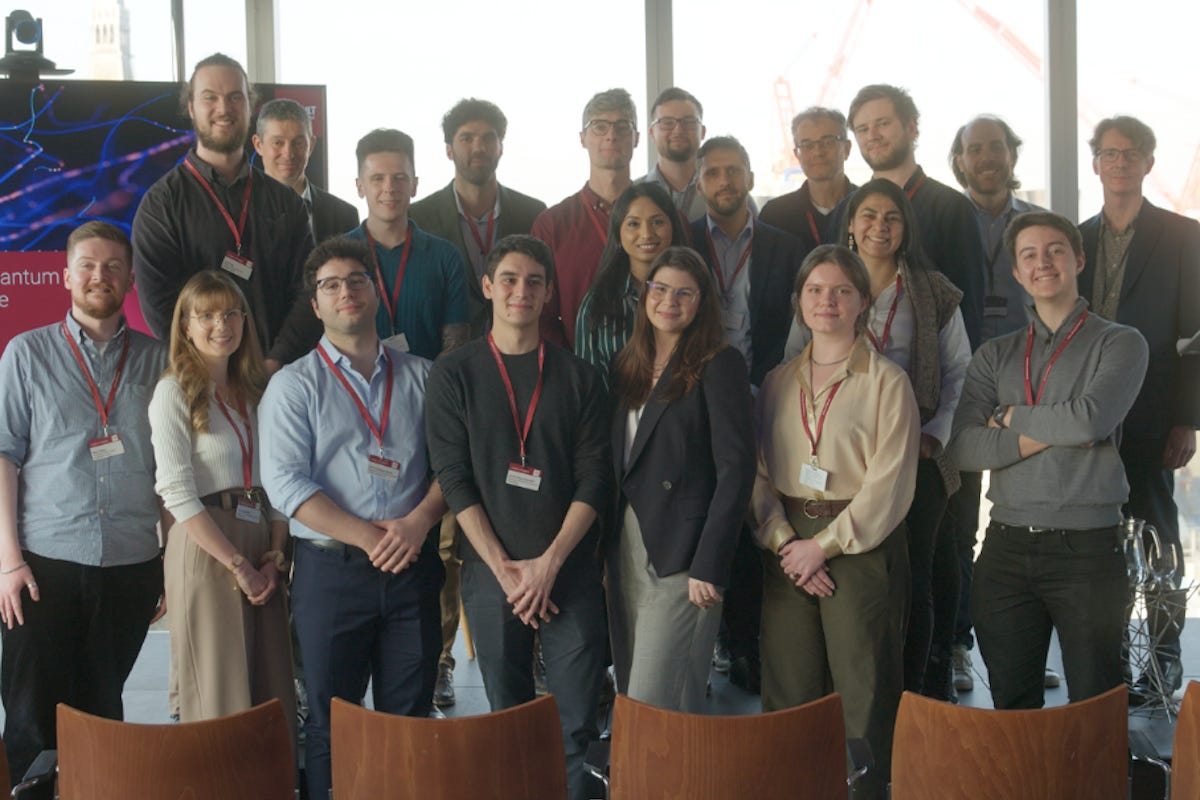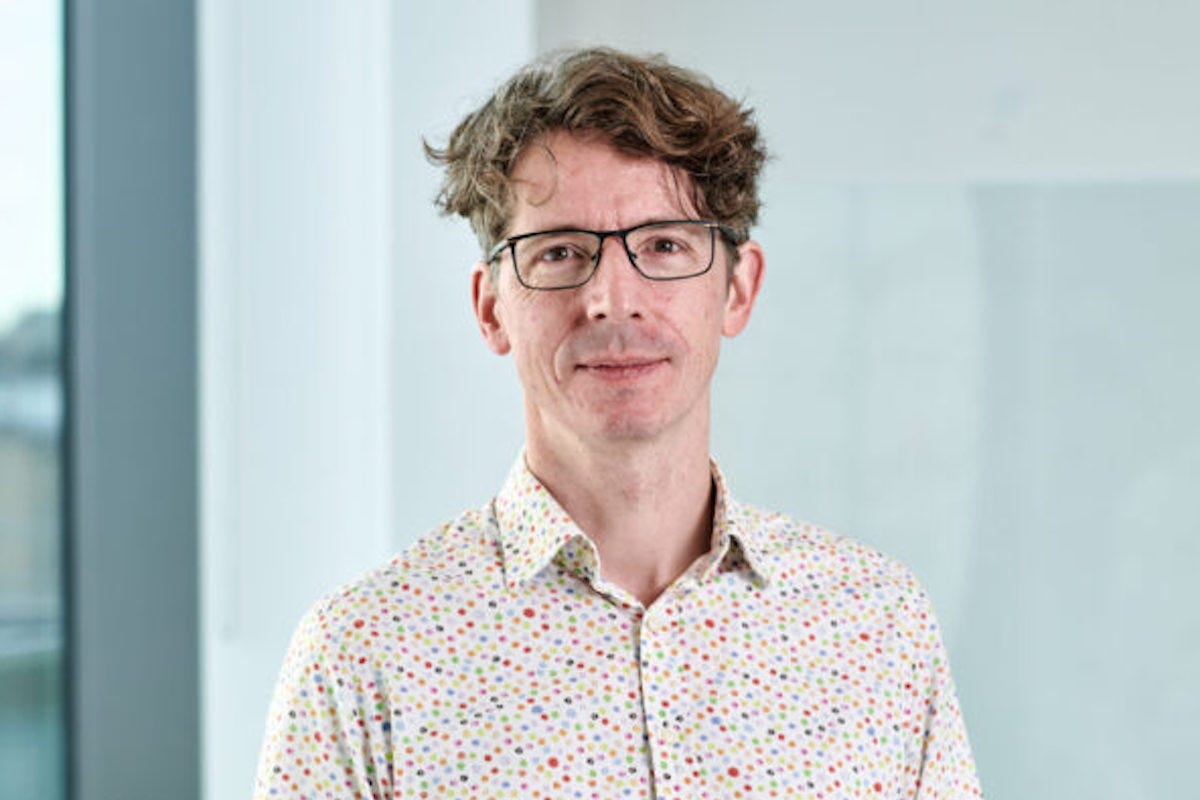Digital Catapult’s Quantum Programme Accelerates UK Industry Adoption
A national initiative driving practical use of quantum computing across British industries through hands-on training and experimentation

Quantum computing has long promised to revolutionise industries from aerospace to energy — but turning that potential into tangible business use cases has been a persistent challenge. In the United Kingdom, a groundbreaking programme led by Digital Catapult is addressing this gap by bringing together government funding, industrial expertise, and deep-tech partners to accelerate the nation’s “quantum readiness.”
Backed by the Innovate UK Industry Strategy Challenge Fund, the Quantum Technology Access Programme (QTAP) enables companies to gain hands-on experience running algorithms on real quantum hardware. It forms part of a broader initiative, the Quantum Data Centre of the Future, which explores how classical and quantum computing can coexist in practical environments.
“We now call ourselves a technology innovation organisation with a goal of the practical adoption and application of deep tech,” Paul Ceely, Digital Catapult’s Technology Strategy Director, told TechJournal.uk in an interview. “Quantum is probably the best example of deep tech there is at the moment.”
Ceely said the organisation acts as a bridge between academia and industry: “We were set up to help advanced technologies get from academia and innovators into the real world. We sit between industry, academia, and policy — trying to join them together.”
He added that the UK has made a strong start in quantum and argued that programmes like QTAP are essential to turn research strength into commercial adoption. He said Digital Catapult aimed to see “these technologies used in boardrooms and workshops, not just in laboratories.”
The National Quantum Computing Centre (NQCC) estimates that the market impact of quantum applications will reach between £20 billion and £35 billion by 2027, underlining the importance of continuing Digital Catapult’s work.
Reviewing the First Two Rounds
Digital Catapult has already completed two QTAP cohorts, bringing together 19 companies across aerospace, energy, telecoms, and defence.
“We didn’t want to just teach people in a room,” Ceely said. “We wanted people to actually experiment — to take their business problems and run them on a quantum computer.”
Among the most notable experiments were Airbus’s exploration of fluid dynamics — a nonlinear problem traditionally unsolved by classical computing — and BAE Systems’ route optimisation work for defence applications.
“A classical computer could probably solve something,” he explained, “but you need it done in a certain time period for it to be useful. In some cases, we even identified new algorithmic formulations that looked genuinely novel.”
He said energy companies were also eager to participate: “The energy sector is interesting because it has very long timeframes that they think about, which means quantum computers are in their timeframe. I remember talking to someone from the UK Atomic Energy Authority — their plan goes out to 2050.”
Other participants came from telecommunications, satellite operations, and transport industries with complex optimisation and modelling needs.
“Rather than going to quantum conferences, we went out to different sectors,” he said. “That’s where the exciting conversations happen.”
Training Tomorrow’s Quantum Workforce
Each QTAP cohort runs for about nine months, combining online education with practical experimentation on ORCA Computing’s photonic quantum computers. Participants develop algorithms using Python and Jupyter notebooks before testing their code on ORCA’s PT-1 and PT-2 devices.
“We were looking to upskill people from nothing,” Ceely said. “We had training courses from Q-CTRL’s Black Opal and provided specific training on how to use the application. We wanted participants to go from very little quantum knowledge to actually using a quantum computer.”
He added: “If you want adoption, you can’t just build machines; you have to build understanding.”
By the end of each cohort, participants presented their quantum use cases to peers, academics, and government representatives — helping to expand the UK’s emerging quantum ecosystem.
“You can actually see the change in how people talk about quantum after these courses,” he said. “They go from curiosity to real, actionable insight.”
A Catalyst for Industry Collaboration
QTAP is designed not only to upskill professionals but also to connect UK companies with hardware and software providers. Partners such as Riverlane support the programme’s “fault-tolerant” stream, investigating algorithms like the Quantum Singular Value Transformation, which are vital for future large-scale quantum systems.
Participants also receive guidance from Digital Catapult technologists and access to ORCA Computing’s software development kits to simulate their algorithms before running them on physical quantum hardware.
“If you take a technology that’s been developed in isolation in a lab and then introduce it to the real world, that’s probably when the magic happens,” Ceely said. “You get people asking questions that researchers never thought of — and that drives innovation.”
He said QTAP welcomes participants from across organisational levels — from C-suite executives and data scientists to R&D engineers — provided they have sufficient technical aptitude to engage in quantum simulations.
“This kind of programme isn’t about creating quantum physicists,” he said. “It’s about creating quantum-ready organisations — companies that know when and how to engage with quantum technology.”
Looking Ahead: The Third Cohort
With two successful rounds completed, Digital Catapult is now exploring possibilities for a third QTAP cohort, although timing will depend on securing new funding from Innovate UK.
“We’d need to get a funded project to do it,” Ceely said. “I think it was useful enough that we should try to do it again — I’m optimistic.”
He added that future rounds may engage industries such as pharmaceuticals and materials science, where quantum computing could accelerate discovery and design.
“It’d be interesting to understand the flow between use cases and hardware architectures,” he said. “Photonic systems are great, but it would be fascinating to see how other types — superconducting or trapped-ion systems — perform on the same problems.”
Ceely also noted international interest in the UK’s model.
“If we were thinking about this, can you do a bilateral Technology Access Programme? You probably could,” he said, referring to the recent UK-US technology prosperity agreement.
He suggested that such cooperation could lead to joint quantum access programmes pairing British hardware with international industrial use cases.
“Ideally, we would keep on going and trying this out more,” he said. “We’ve proved that hands-on experimentation works — now we want to scale it.”
By combining education, experimentation, and ecosystem-building, Digital Catapult’s QTAP ensures that when scalable quantum hardware arrives, the UK’s industries will be ready to harness its full potential.



